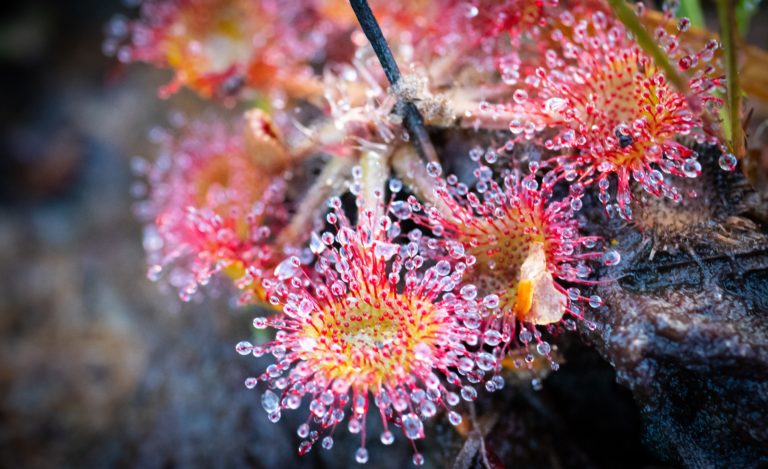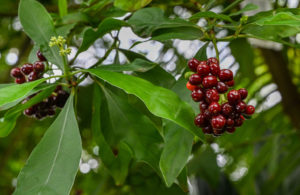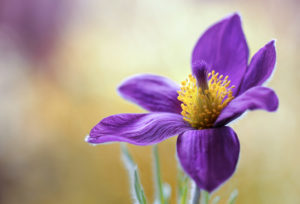Last updated on January 8th, 2024 at 09:59 am

Meet Drosera rotundifolia, or sundew, the botanic version of a wolf in sheep’s clothing. This strange beauty, named for how sunlight glistens off its sap, is covered in rosettes of leaves and white, summer blooms, making it shocking to learn that this plant is carnivorous. But here’s the twist: sundew is not just a garden marvel. It has also been a go-to in medicine for ages. The homeopathic medicine Drosera, indicated for coughs, is made from this remarkable plant.
Acidic Adaptation
The sundew’s carnivorous tendencies are a trait acquired through evolution. Residing in peat bogs and other acidic, swampy areas means this plant rarely gets everything it needs from the soil. Digesting insects enables the sundew to absorb vital nutrients through its leaves, allowing it to grow and reproduce.
Its dewy sap, a concoction of nectar, adhesive compounds, and digestive enzymes (similar to what’s found in our own stomachs) lures in unsuspecting insects and traps them. As prey struggles to get free, their movements stimulate the plant, prompting it to curl around its prisoner and start digesting it. Charles Darwin famously used the sundew to prove, for the first time, the existence of meat-eating behavior in plants.
Ancient Antidotes
Beyond its threat to insects, the sundew has a rich history of use in humans. In Sweden, it was employed in cheese-making, but its true value lies in its medicinal properties. During the Middle Ages, sundew was a remedy for everyday ailments, such as coughs, and more serious respiratory conditions. Aboriginals also used it to treat similar conditions, as well as skin-related issues. Early European herbalists hailed it as a rare and remarkable remedy for the lungs.
Homeopathic Drosera for Cough Relief
Our ancestors were right on one account: sundew is great for coughs. Today, the homeopathic preparation of the whole Drosera plant is used to make a medicine that relieves spasmodic, dry cough worsened at night and by heat.*
Homeopathic Drosera is available as a “blue tube” single medicine but can also be found in some of Boiron’s specialty medicines. As an active ingredient in Chestal Honey Cough Syrup and Chestal Meltaway Pellets, it relieves barking cough worse at night.*
Interested in learning more about the homeopathic uses of Boiron Drosera? Watch this video featuring pharmacist Gary Kracoff, NMD, RPh.
*Claims based on traditional homeopathic practice, not accepted medical evidence. Not FDA evaluated.






